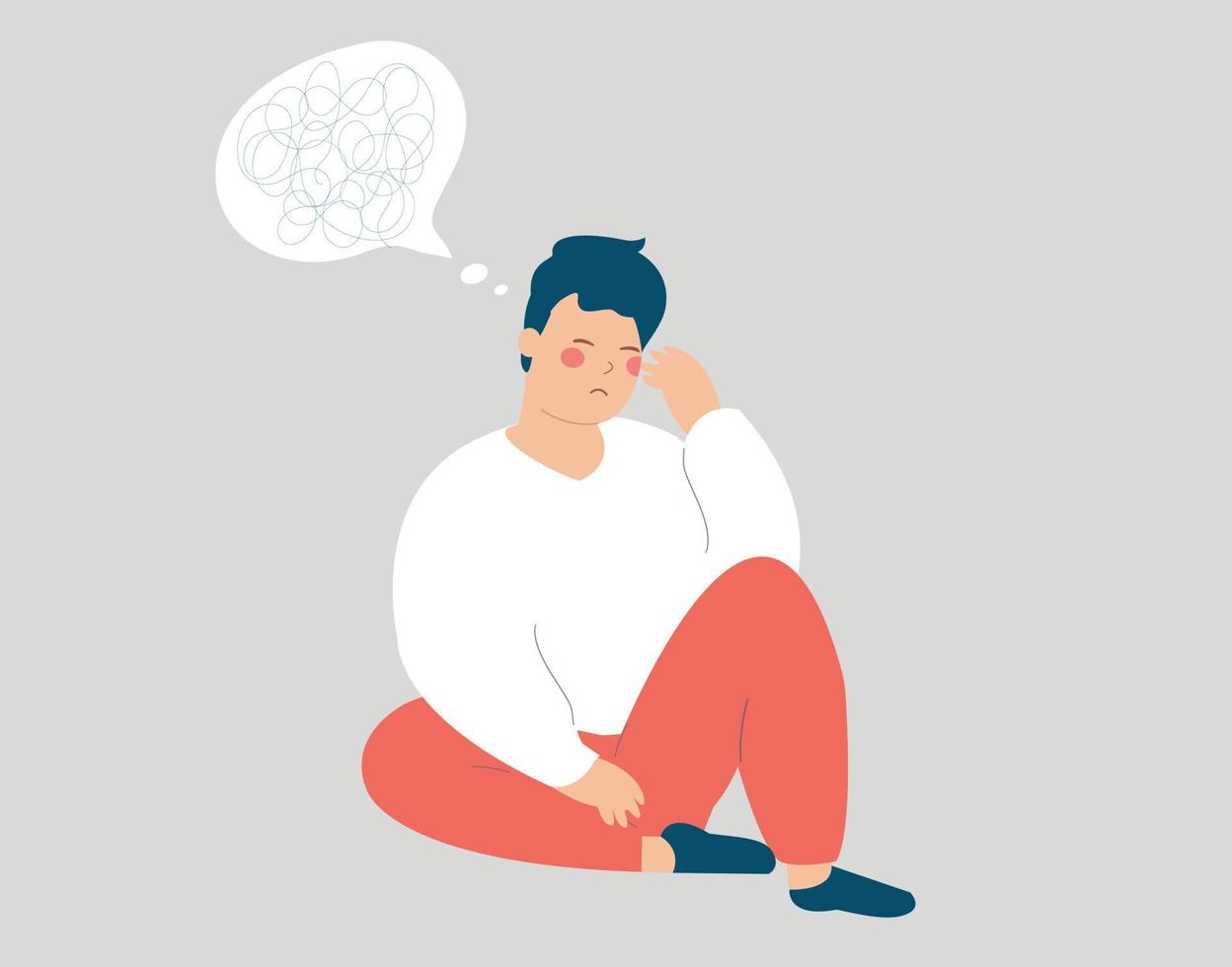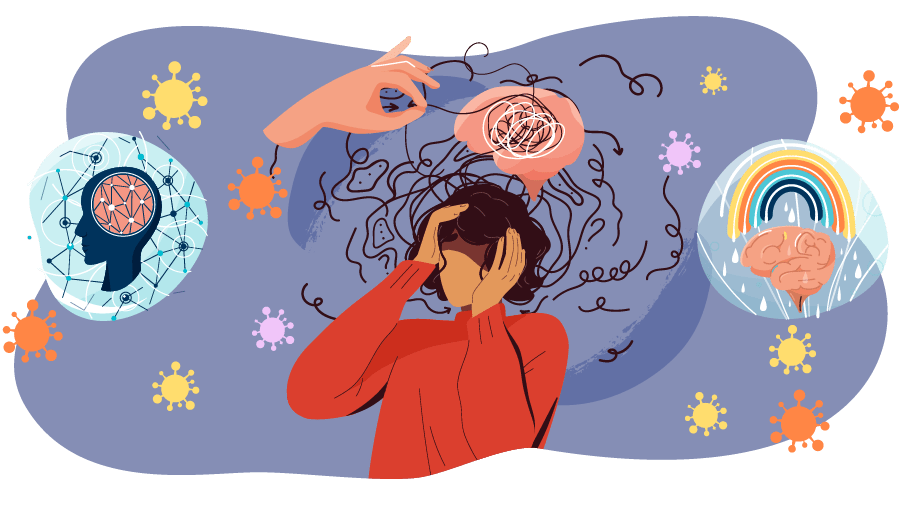Navigating the Storm: How Counseling Can Help with Depression, Stress, and Anxiety



“Be open to new ideas and approaches. Develop your problem-solving skills.”

We help with Depression, Stress and Anxiety
In the fast-paced and demanding world we live in, it's not uncommon to encounter periods of stress, anxiety, or even depression. These mental health challenges can impact every aspect of our lives, from our relationships to our professional endeavors. However, seeking support through counseling can be a transformative step towards understanding, managing, and overcoming these difficulties. This blog post explores the crucial role that counseling plays in alleviating depression, stress, and anxiety.

Breaking the Stigma:
The first and perhaps most significant step is breaking the stigma associated with mental health issues. Counseling provides a safe and non-judgmental space for individuals to express their thoughts and feelings, encouraging open conversations about mental health.
Identifying Triggers:
Counselors are trained to help individuals identify the triggers and root causes of their depression, stress, or anxiety. Understanding these underlying factors is a crucial step toward developing effective coping mechanisms and initiating the healing process.
Learning Coping Strategies:
Counseling equips individuals with a toolbox of coping strategies tailored to their specific needs. Whether through cognitive-behavioral therapy (CBT), mindfulness techniques, or other therapeutic approaches, individuals can learn how to manage and respond to the challenges that contribute to their mental health struggles.
Managing Stress
Stress Management Techniques
Counselors provide practical tools for managing stress. From time-management strategies to relaxation techniques, individuals can develop a personalized toolkit to navigate the demands of daily life more effectively.
Preventing Burnout
Chronic stress can lead to burnout, affecting both mental and physical well-being. Counseling assists individuals in recognizing signs of burnout and implementing preventative measures to maintain a healthier work-life balance.
Addressing Anxiety
Understanding Anxiety Triggers
Anxiety often arises from a combination of internal and external factors. Through counseling, individuals can gain insights into their specific anxiety triggers and develop strategies to mitigate their impact.
Gradual Exposure and Desensitization
For those dealing with phobias or panic disorders, counselors may employ gradual exposure and desensitization techniques. This helps individuals confront and overcome their fears in a supportive and controlled environment.

Combating Depression
Exploring Root Causes
Depression is a complex mental health condition with various contributing factors. Counseling allows individuals to explore the root causes of their depression, often uncovering unresolved issues that may be impacting their emotional well-being.
Setting Realistic Goals
Counselors assist individuals in setting realistic and achievable goals, breaking down larger challenges into smaller, more manageable steps. This gradual progress can be empowering and contribute to an improved sense of self-worth.
In the journey towards mental well-being, counseling stands as a beacon of hope and support. Whether facing depression, stress, or anxiety, seeking professional guidance can lead to transformative insights, coping strategies, and a renewed sense of resilience. By recognizing the importance of counseling, we not only prioritize our mental health but also contribute to a broader conversation that normalizes seeking help for the benefit of ourselves and those around us. Remember, you are not alone, and help is always available.






